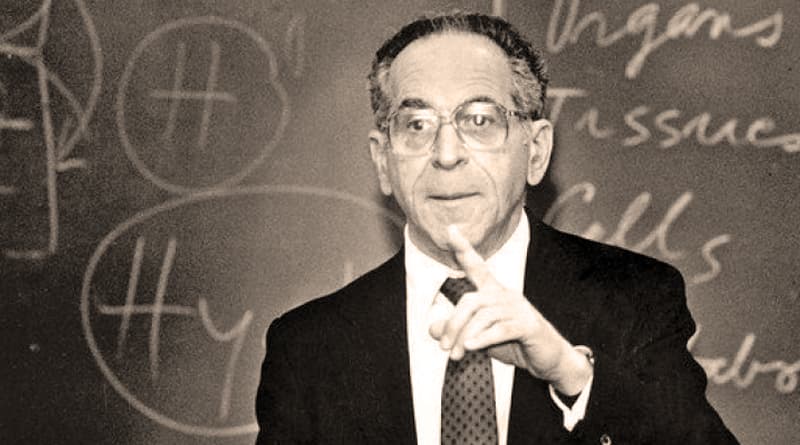
The Promises of Recovery
By Darlene Lancer, JD, LMFT
The Journey of Recovery
Recovery is a journey of transformation into selfhood, called individuation. The promises it returns are freedom, confidence, and self-love. There are stages of recovery, from building awareness and detaching, doing the hard work of changing yourself and your life, to eventually experiencing the promises.
It’s common for people to complain that their partner or loved ones aren’t working on themselves – “so why bother?” This attitude is ill-conceived, because we embark on this journey to change ourselves, and we are the ones who reap the rewards.
The Rewards of Recovery
These are some highlights to look forward to:
- We develop self-esteem, self-acceptance, and self-love. (Read the difference.) We gain self-compassion and learn to nurture and love ourselves. Our sense of worth no longer depends on other people. We’ve grown our self-esteem by consciously changing our actions and how we talk to ourselves and others. We’ve rooted out the cause of our low self-worth and shared our secrets and admitted our flaws and mistakes with a compassionate guide or a therapist to change our beliefs and normalize shame.
- We mature, have integrity, and become self-responsible. Initially, codependents don’t want to be responsible for themselves. They expect other people to rescue them from their unhappiness and blame them for it. They devote all their attention to helping other people change to feel more comfortable while neglecting themselves. Recovery teaches that only we are responsible for our happiness and our unhappiness. Many codependents don’t have principles to live by; or if they do, they easily sacrifice them for other people, or their actions don’t align with their values. For example, they may prize honesty, but withhold the truth or lie to people-please. In recovery, we know who we are and have integrity. Our words and actions align with our beliefs and our true self.
- We honor ourselves and have the courage to express our feelings, wants, and needs. First we must discover our true self and identify our feelings, needs, and wants. We learn to be assertive and risk expressing ourselves. We give up people-pleasing and the anxiety, guilt, and resentment that go with it. Instead, we value ourselves enough to ask for what we want. Until we do this, we remain unhappy and don’t get our needs met.
- We no longer tolerate disrespectful behavior. Like a good parent, we value and protect ourselves from harm caused by other people in order to feel safe. We have the courage to set boundaries, and we empower ourselves as a result, leaving resentment behind.
- We develop trust in ourselves, are no longer confused, and can clearly perceive the truth about ourselves, others, and reality. Due to years living in denial under a false set of beliefs and being out-of-touch with our true self, we didn’t trust ourselves and our perceptions. We may have been manipulated by others and we went along to get along. As the veils of denial and self-doubt are lifted, we perceive everything in a new light.
- We gain freedom and autonomy. The world no longer feels threatening. Our thinking and behavior are no longer determined by our insecurity and dependency on others. With inner security and greater self-esteem and confidence, we no longer live in fear of people or abandonment. We will be able to love others without becoming enmeshed and losing ourselves. We forgive and make peace with ourselves, our past, and with other people.
- We no longer need to control or manipulate other people. Having been dependent upon people who we believed determined our worth and happiness, we tried to control them. Once we take responsibility for our own lives and welfare and are able to be direct, we no longer try to control people. Recovery includes reviewing our conduct, relationships, and attitudes toward others. With greater awareness and self-compassion, we’re able to let go of resentment, blame, and guilt, forgive other people and forgive ourselves. We feel empowered rather than victims.
- We discover our potential and are willing to take risks to develop ourselves and express our talents. With increased self-esteem and courage, we have the confidence and the energy to explore and develop our talents and skills. We’re motivated to express our passions and create a life that reflects our true self.
- We’re able to have loving, supportive, intimate relationships based on mutual respect not control and power struggles. We’re no longer comfortable in high-conflict or abusive relationships. We’ve let go of trying to control people and force change. We’ve gained autonomy, assertiveness, and self-esteem that prompt us to seek healthy, interdependent relationships. Our self-worth demands mutual safety, trust, reciprocity, and respect that make it safe to be vulnerable and receive love. All of this enables us to enjoy intimacy in close relationships.
- Our insecurity is replaced with serenity, faith, and a sense of well-being. We learned that forcing solutions can do more harm than good. Through our experience we gain humility and begin to trust the process of transformation, which has its own timetable. Having a spiritual practice can facilitate these changes. As we accept life on its own terms, we know a peace we never had before. We begin to live the serenity prayer. We have the wisdom to accept what we cannot change and change what we can. We leave the rest to our higher power.
- Emptiness and loneliness disappear because we feel connected to and guided by our higher power. Having a greater connection to ourselves and our higher power, we know that we’re never alone. If we’re lucky enough to participate in a 12-Step program, when we lose that connection, we know that we can reach out to others anytime, anywhere, to support and remind us.
Use my resources of books, webinars, and e-workbooks to practice the steps and new skills required to recover. Listen to my Self-Love Meditation.
Co-Dependents Anonymous has “12 Promises,” which you can read on their website. Alcoholics Anonymous also has 12 Promises. Al-Anon Family Groups doesn’t endorse any promises. The results you experience will ultimately depend on you and the work you invest in your own recovery. For many people, this includes psychotherapy and healing from childhood trauma and intimate partner abuse.
© Darlene Lancer 2023
This article was originally published here, and is reprinted with the author’s kind permission.
Darlene Lancer is a Licensed Marriage and Family Therapist and expert on relationships and codependency. She’s the author Conquering Shame and Codependency: 8 Steps to Freeing the True You and Codependency for Dummies and six ebooks, including: 10 Steps to Self-Esteem, How To Speak Your Mind – Become Assertive and Set Limits, Dealing with a Narcissist: 8 Steps to Raise Self-Esteem and Set Boundaries with Difficult People and Freedom from Guilt and Blame – Finding Self-Forgiveness, also available on Amazon. Ms. Lancer has counseled individuals and couples for 30 years and coaches internationally. She’s a sought after speaker in media and at professional conferences. Her articles appear in professional journals and Internet mental health websites, including on her own, www.whatiscodependency.com, where you can get a free copy of “14 Tips for Letting Go.”




